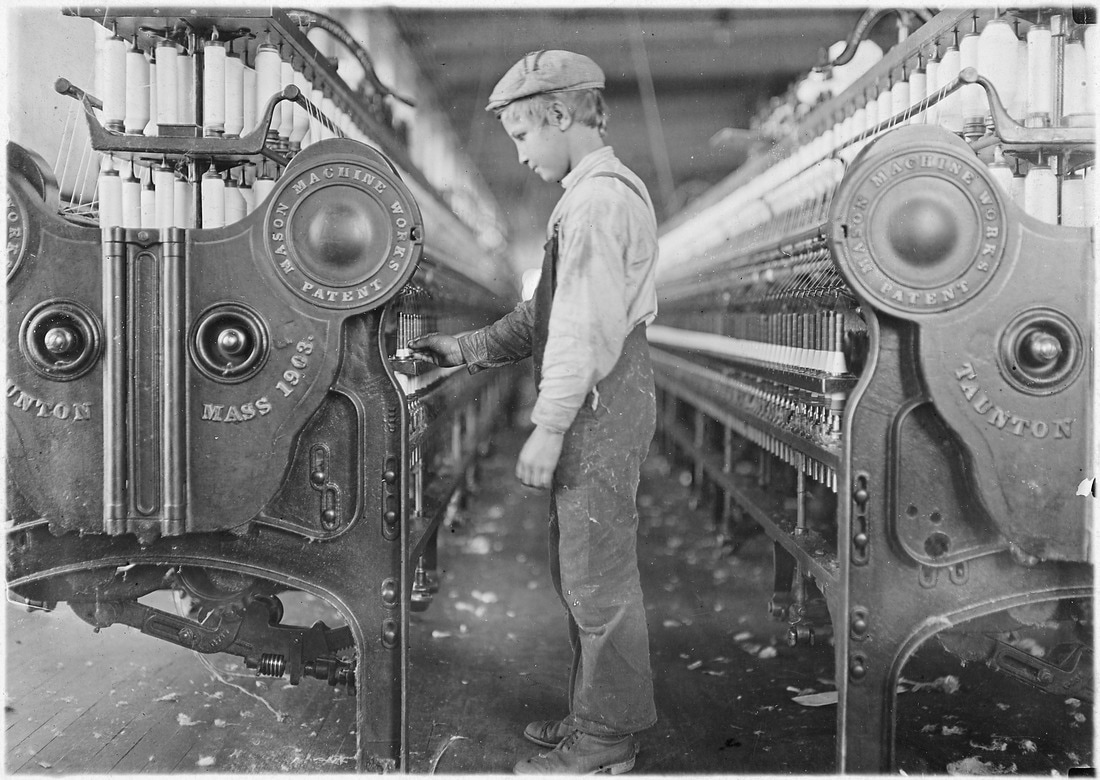Tell me what the problem with education is?
I've seen a few newspaper articles, commentaries and reports that suggest things are going backwards. Year after year the results for our students' result are falling. Some blame the teachers, some blame the lack of parent involvement, some blame social media, some blame the lack of a comprehensive approach to literacy, some blame NAPLAN. I totally blame NAPLAN, however if we're to examine how NAPLAN became such a big problem we need to think about NeoLiberalism.
Before I go on I can't recommend Ezra Klein's interview with Wendy Brown and Noah Smith enough. It was a giant piece of the puzzle for me in understanding the daily struggles I was having with the madness of the world today. It's a long podcast, but it will lift a veil from your eyes.
By definition, Neo Liberalism is market-oriented reform policies such as "eliminating price controls, deregulating capital markets, lowering trade barriers" and reducing, especially through privatization and austerity, state influence in the economy.
In a nutshell - the restraints from corporate interests are removed. The Government is powerless to stop the exploitation of the people. Further, the Government is infiltrated by Big Business to do the bidding of big business. The Common Good is no more.
By the way I always talk about the Common Good all the time. When I use the term I'm saying that the common good is that which benefits society as a whole, in contrast to the private good of individuals and sections of society.
I think there's a couple of prongs to how NeoLiberalism manifests itself within education.
One is the attitudes and beliefs of the people engaging in education at every level.
The second is the permission given for Large Corporations to make decisions that impact teaching and learning - namely Silicon Valley operations like Google, Microsoft and Apple.
As a belief system Neo Liberalism is pervasive and it is, by and large, THE belief that it's all about making money. Ideologically speaking, the goal of life within Western society or at the very least here in Australia is to make money. I use to ask students, why are you here at school? They would tell me it's to get a job. Anyone reading this may very well say to themselves - of course school is to get a job. Of course you would say that, look back at prong one of NeoLiberalism - that's you. You're in the system Neo. You ARE the system.
From my understanding, it was never the purpose of education to train someone to just get a job. It's a pretty complicated topic worthy of some exploration. The modern version of Western Education takes form during the Industrial Revolution during the 19th Century in order to stop small children getting butchered by steam powered machinery. Laws were passed to prohibit children from being sent to work. Rich men wanted EVERYONE to work for them for next to no pay. God, once you look at some history you'll better understand why I SOUND like a socialist and grind my teeth each time a wild-eyed youngster starts crapping on about Ayn Rand and unfettered Capitalism. But what was to happen to all these children when they had to stay home qhwn mum and dad had to work gruelling hours. This is when the Church put it's hand up to say - we'll teach reading and writing and Jesus stuff. There's another lengthy blog right there!
I would get my students to think about this in the following way: I would get them to do a little bit of maths. We would calculate how many years they would spend doing schooling from preprimary to tertiary. Then we would calculate on any given day how many hours they might spend at work. We would then consider how long we might spend in retirement. Ultimately we calculated that they might spend (and it's been quite some time since I did this activity- so the results are a little foggy) a third to a quarter of their life working. Given this, what about what we actually do at work - are we spending all that time at work working? Are we not primarily in relationship with other people. And further, what do we discover about being successful at work? Success in the workplace is about being able to successfully engage with other human beings. You might be very good at science, maths, english and whatever else they've thrown at you in the curriculum but if you haven't been trained to be an effective listener (one of the key practices of a good communicator) then you're going to not be terribly successful. So, to clarify, we spend maybe eighteen years of our life preparing for a job. Then we get that job and discover that it sucks. Meanwhile some of us go through an existential crisis about the possibility that perhaps life is more than just working. What if, from early in life, we were trained to think for ourselves. What if were weren't hammered into believing that our fate is a little jigsaw piece to slot into the Western Industrial Complex?

No comments:
Post a Comment